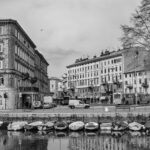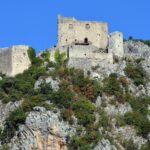May 31, 2018 – With its economy in dire trouble, Croatia continues to hinder, rather than help, one sector that could put things back on track – its entrepreneurs.
I don’t know a lot about economics.
But even with my limited knowledge, I understand that if you start a business, create jobs, generate profit and pay taxes, that is generally a good thing for everyone. The entrepreneur makes his cash, the unemployed find work, the state gets revenue. A win, win, win. In progressive economies, the entrepreneur is king, and countries fight hard to attract them, knowing that that entrepreneurial spirit will stimulate their economies and produce growth and prosperity for all.
And then there is life in The Beautiful Croatia.
Since moving from Hvar to Varazdin, I am spending a lot more time in Zagreb, and I am really enjoying meeting a really inspiring group of people – the entrepreneurs of Croatia. While many have already left Croatia, in search of a more level playing field, there are many who love their country and the lifestyle here, and they have chosen to stay. The really clever ones (an increasing number) make all their money outside Croatia working with international partners and so do not come into contact with the mad world of doing business in Croatia.
And some truly excellent Croatian products move abroad and become non-Croatian projects, such as one outstanding new website project which has still not officially launched, but is already attracting huge column inches all over the world – with major features in the media in Russia, Spain, Mexico, Slovakia, Poland and Bulgaria, regional media coverage in France, Serbia, Austria and Italy.
But not a word in the Croatian media, despite it being a Croatian idea, conceived and built in Zagreb.
A Croatian idea which is now a Bulgarian idea, as the Croat behind it moved his TasteAtlas project – and himself – to Sofia, where the business climate and taxation system is decades ahead of The Beautiful Croatia.
TasteAtlas is an extremely clever concept, the first global local food atlas, with more than 5,000 local dishes so far, with the additional bonus of the best restaurants serving these dishes, as ranked not by fake TripAdvisor reviews, but food critics. Rather than finding out the best restaurants on TripAdvisor, which often have little to do with the authentic local food, here is an option to find the best local dishes, to learn about them and to try the best versions, with just a simple website browse.
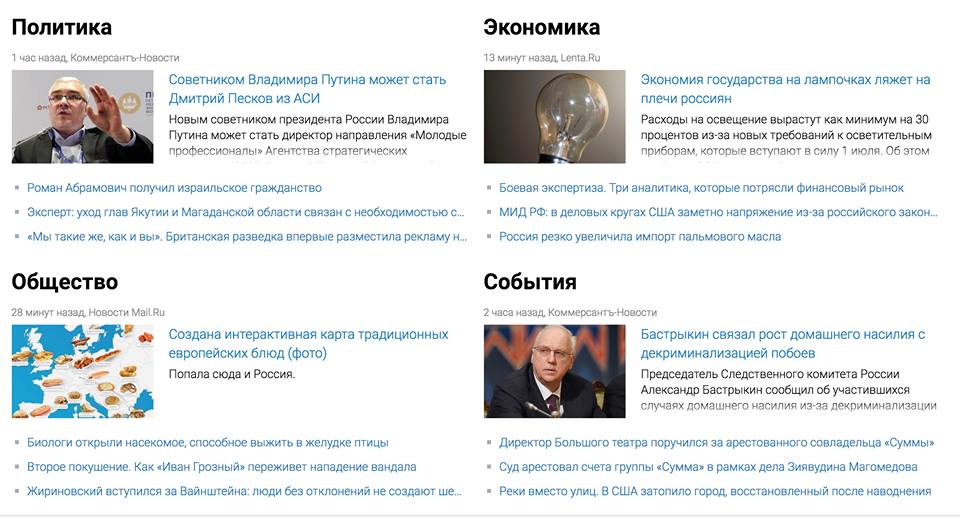
Three years in the making, TasteAtlas is the brainchild of Matija Babic, and TCN interviewed him recently about his project. You can read the full interview here.
Babic is one of Croatia’s most controversial figures, and the owner of Croatia’s most popular news portal, www.index.hr. Fiercely independent, its investigative team has brought a number of notable scalps over the years, including most recently the resignation of the Deputy Prime Minister and Minister of the Economy, Martina Dalic, earlier this month in the wake of the Agrokor email scandal.
Given Babic’s popularity with official bodies, it is perhaps understandable that there is no coverage of his new project here as the rest of the world applauds, but I wanted to mention the case of TasteAtlas, firstly as I think it is a very cool project (find your country here) and it highlights one more entrepreneurial project with job creation and revenue generation potential which has been lost to Croatia.
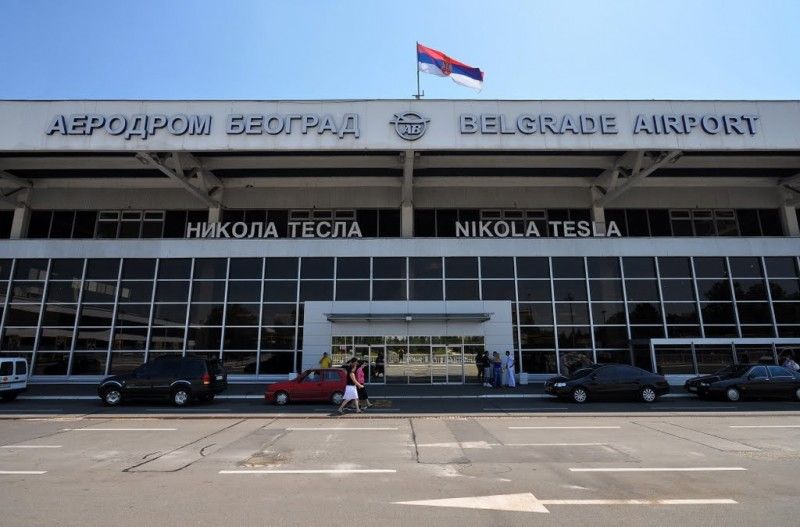
Before coming to the main point of this article – the discussions with my entrepreneurial friends in Zagreb – a word on a genius from yesteryear. Nikola Tesla.
Was he a Croat or a Serb? I will leave that for the Internet trolls to debate as they love to do, but Tesla has heritage which could – and should – be claimed by both countries. I think I am safe in stating that he was an ethnic Serb born in the village of Smiljan, which is located in modern-day Croatia. So Serbia can celebrate its genius as an ethnic Serb, whereas modern Croatia can show the world the birthplace of Tesla. And in a world of e-mobility, what a fantastic promotional hook for both countries – for tourism, business and environmental initiatives. Even though Tesla only visited Belgrade once apparently (and was given a royal welcome, literally), the Serbs get it, and the Tesla association begins with arrival at Nikola Tesla Belgrade Airport. You don’t get quite the same Tesla love at the Franjo Tudjman Zagreb Airport.
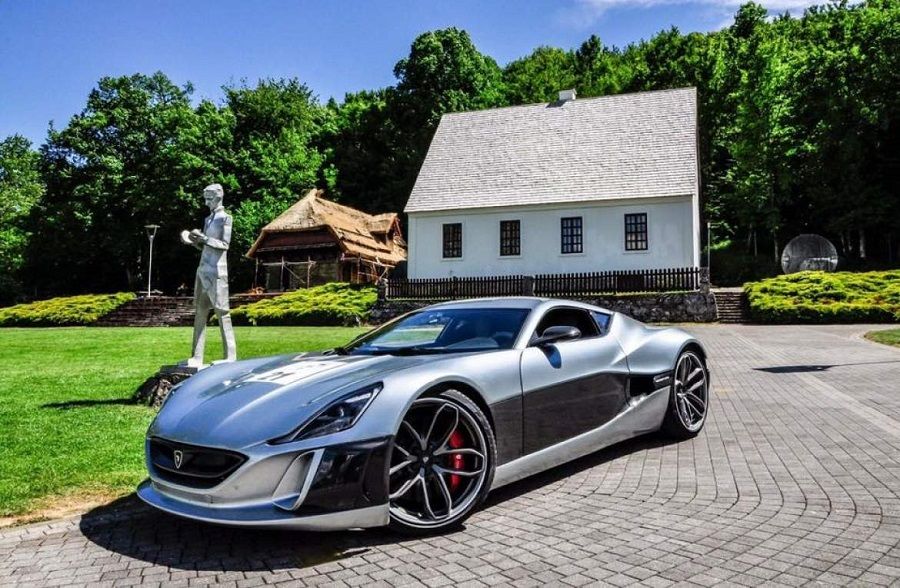
Or anywhere else in Croatia it seems. The Croatian National Tourist Board, in their infinite wisdom, placed a visit to the Tesla birthplace number 217 out of 218 of its epic tourism experiences in Croatia, some way below the epic experiences of picking tangerines and riding a donkey.
The photo above is one of my favourite in Croatia, as it beautifully symbolises some of the branding I feel Croatia should pursue. It was taken on the Nikola Tesla EV Rally 2016 in the village of Smiljan. In the background, the birthplace of Nikola Tesla, and in front of that a statue of the great man. The car in the front is the Rimac Concept One, the electric supercar which took the Geneva Motor Show by storm. The genius of Tesla meets the genius of Rimac in the birthplace of the great inventor. On an 8-day electric car rally through the prettiest islands, nature parks and ancient stone towns. A rally which takes in the finest Croatian hotels, cultural sights and gourmet experiences, and is attended by an increasing number of wealthy tourists, including none other than the mother of Mr. Modern Day Tesla himself, Elon Musk.
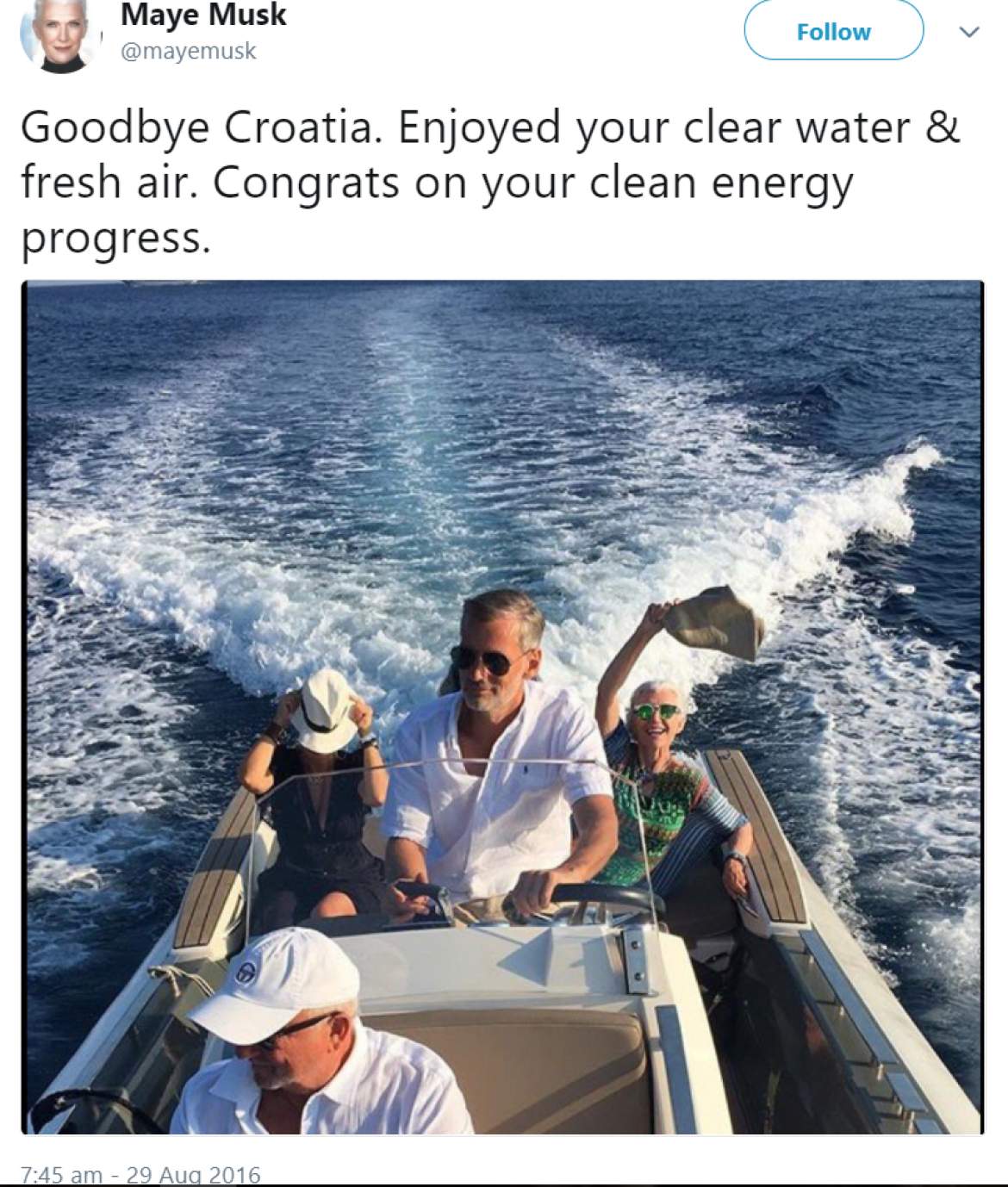
What great potential to put Croatia on the global map for so many positive things.
What the idyllic Smiljan picture above does not tell you is that Croats blew up Tesla’s house twice in the last century, in 1942 and 1992, and they have been debating for 17 years whether or not to restore his statue to the nearest town of Gospic – a slightly different approach to the shiny welcome signs at Belgrade Airport..
The picture also does not reveal that the Nikola Tesla EV Rally, which takes place next week (you can check out the eye-watering itinerary here – TCN will be live streaming the event), has received little to no support from the tourism gurus with the purse strings, and so, as we previously announced, the 2019 rally will take place in the biggest e-mobility country in the world – China. The brand of Nikola Tesla moving to China – it is not just Rimac building factories there.
But back to the madness of the modern world and those entrepreneurs in Zagreb.
The article about one of Zagreb’s most popular restaurateurs explaining the realities of trying to run a business in Croatia was one of the stories of the day yesterday (and you know things must be bad if he would contemplate moving to Venezuela), but it is just one of so many stories I have been hearing now for years.
One of my favourite people to meet in Zagreb is a young Croatian IT millionaire, who does innovative new projects for fun. He loves his country and would live nowhere else, and his general rule is to only earn his money outside the country. He would love to invest in things here, but the businessman in him overcomes patriotism every time. He told me that there are so many people like him, who love their country, and whose businesses could really help the ailing Croatian economy, but the lack of support for entrepreneurs and the crushing tax system makes it an impossible dream for any sober businessman.
“The thing is, we don’t any money or financial support – we can raise hundreds of millions like that. We just need a normal environment in which to operate. Croatia is so far away from offering that.”
Another friend called me from Zagreb last night. One of the most positive – and successful – people I have met in my life, and always looking to give people a chance (he employs a number of people in his business in Croatia), he had scored a major deal with an international client. There was even a possibility to start production here in Croatia, he said, creating dozens of jobs and using some world-class Croatian technology. He paused.
“The only problem with that is THE problem. What am I thinking? Can you imagine the shit I would have to go through to even begin to do something like this in Croatia?”
Another Croatian friend making millions in the blockchain industry told me that yes, there are some Croatian ICOs and an emerging scene here, but they are mostly based in other countries.
“Why would you base it in Croatia? Take a look at our neighbours in Slovenia, fast emerging as one of the blockchain global players. I doubt our economic geniuses could even tell you what the blockchain is.”
Missed opportunities, missed revenue, no jobs where there could be jobs. Emigration.
Some 14% of working age Croats have emigrated in the last ten years, according to statistics released yesterday. Among them will have been a significant number who would have stayed if they could find a job, and others who would have been happy to start a business if the business environment was in any normal in Croatia.
The tourist season is coming, and so all Croatia’s problems will be masked for a few months as we all put on our happy faces for the tourists, but the problems will intensify if something radical is not done.
Reaching out to, supporting and encouraging entrepreneurs, would seem to be the most logical step.
But logic, as we know in The Beautiful Croatia is in as big a supply as a Slavonian job opportunity.




